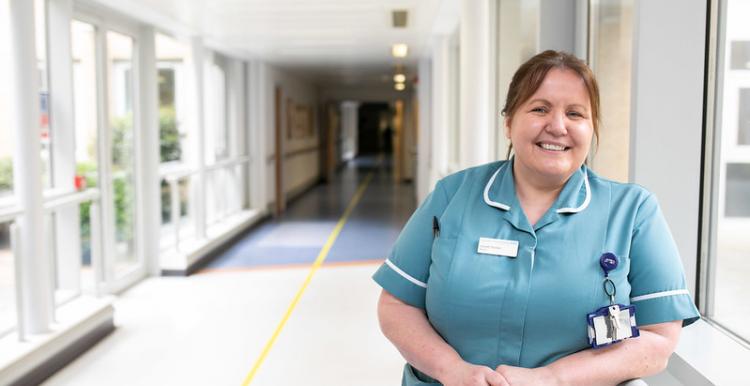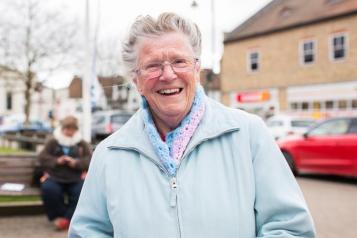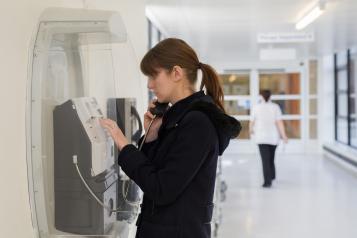Help the NHS to help you get the treatment you need

The NHS has quickly responded to the coronavirus pandemic by changing the way that services are delivered across GP surgeries, clinics and hospitals. This has created the necessary capacity to care for patients with the virus, and also safe environments in which to treat non-COVID patients for other health issues and concerns, both physical and mental.
If you need medical help, the NHS is still here for you
If you need medical help from your GP practice, contact them either online or by phone and you will be triaged and advised what to do next:
- Oakham Medical Practice
- Uppingham Surgery
- Empingham Medical Centre
- Market Overton and Somerby Surgeries
If you need urgent medical help, use the NHS 111 online service or call 111 if you cannot get help online.
For a serious or life-threatening emergency, call 999.
If you are told to go to hospital it is important that you go to hospital.
You should continue to attend your appointments, unless you have been told not to attend.
Prescriptions
You can order your repeat prescriptions through your GP surgery or pharmacy’s online service, where available. You should only order your usual quantity at the usual time.
If you need to collect a prescription and have coronavirus symptoms or are self-isolating at home, please arrange for a friend, relative or volunteer to collect for you.
If you are extremely vulnerable and shielding due to a serious health condition, and do not have local friends and family to collect prescriptions for you, call the Rutland crisis helpline on 01572 729603 for help.
Routine vaccinations
It is important that you or your baby or child have routine vaccinations when they are due. They protect against serious and potentially deadly illnesses and stop outbreaks in the community
If the person needing vaccination has coronavirus symptoms or is self-isolating because someone in the household is displaying symptoms, you should contact your GP practice for advice.
Cancer Patients
If you have a symptom that you are worried about, you must contact your GP Practice.
Your clinician will discuss with you the benefits of starting or continuing your cancer treatment against the increased risks of contracting coronavirus.
Heart Attack symptoms
If you think you or a family member are suffering with the symptoms of a heart attack you must dial 999 immediately.
Symptoms such as heavy or tight chest pain that may spread to your arms, neck or jaw, or make you breathless, sick, sweaty or light-headed and that doesn’t go away, could be caused by a heart attack. Dial 999 immediately.
Stroke symptoms
If you think you or a family member are suffering with the symptoms of a stroke you must dial 999 immediately.
You can spot the symptoms of a stroke by using the FAST test:
- Face - is the face drooping / fallen on one side? Can the person smile?
- Arms - can they raise both arms and keep them there?
- Speech - is it slurred?
- Time - to call 999 if you see any of the above signs
Pregnant Women
If you are pregnant it is important that you still attend your antenatal appointments and continue to seek advice from your midwife or maternity team.
If you are worried about your health or the health of your unborn baby, don’t hesitate to contact your midwife or maternity team.
Parents of young children
If you are worried about the health of your baby or child, please call 111, or in a serious or life-threatening emergency call 999.
Mental Health
The NHS is here to support your mental health during the coronavirus pandemic, as well as your physical health.
If you are concerned about the mental health of your child, please contact your GP or check online self-referral options for under 18 years olds.
If you are facing mental health issues contact your GP or key worker, if you have one, and continue to access your mental health services as usual. The NHS is also still open for new referrals, via your GP or online
If you’re experiencing stress and anxiety, you can get further information, including how to self-refer to psychological therapies here. If you are facing a mental health crisis, use the NHS 111 online service. If you cannot get help online, call 111.


